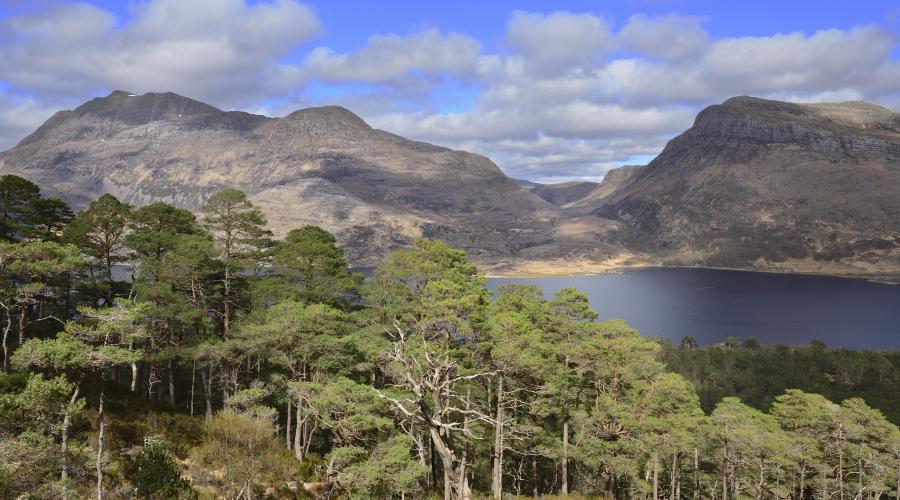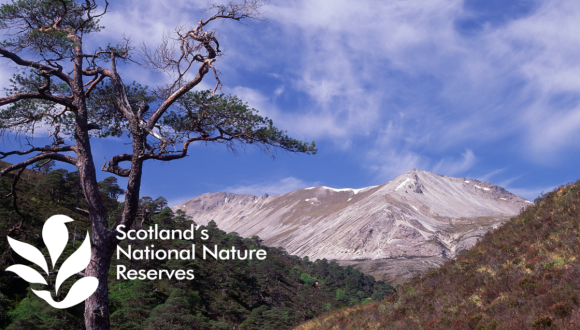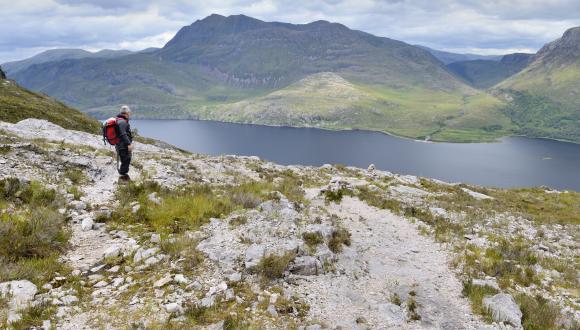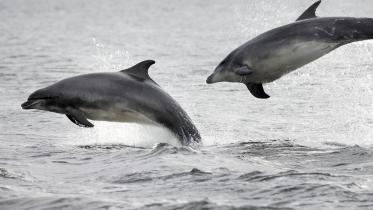
UK scientific first for ancient Caledonian pine forest
20 March 2019
The uniqueness of Beinn Eighe’s ancient Caledonian pine forest has been recognised with the establishment of the National Nature Reserve (NNR) as the UK’s first area designated for genetic conservation.
Beinn Eighe was the UK’s first NNR, and now it is hailed as a genetic first.
The move reinforces the special nature of the pines at the Wester Ross reserve and the importance of protecting them for future generations.
Some of the remarkable specimens at Beinn Eighe are more than 350 years old, and the genetic composition of the pinewood has been shown to be truly distinct.
Research has shown that the Beinn Eighe trees colonised via a different route from pines in other parts of Scotland after the last ice-age, and recent scientific work makes it clear that these pines have a unique genetic diversity.
The NatureScot reserve is managed to conserve this special woodland, and now this work has been formally recognised with the registration of the site as a Gene Conservation Unit with the European Forest Genetic Resources Programme (EUFORGEN).
Gene Conservation Units have been set up elsewhere in Europe, but this this step reflects a major breakthrough for genetic conservation of wild species in the UK.
This new status for the NNR is a vitally important contribution to the care of the core biodiversity of Scotland. Genetic diversity is essential for resilience to pressures such as climate change and tree diseases, allowing populations to adapt as conditions change.
The intention is that the designation of the Beinn Eighe pinewood will act as a beacon for the UK, leading the way for genetic conservation units to be established for all of our tree species.
Jeanette Hall, NatureScot Woodlands specialist, said: “Beinn Eighe is renowned for the beauty of its ancient Caledonian pine forest and we’ve been working to restore and expand this unique woodland for more than 65 years.
“Registering the nature reserve as the UK’s first Gene Conservation Unit shows how committed we are to protecting and preserving these special trees.
“It also marks another important step towards meeting our international obligations on gene conservation.”
Professor Pete Hollingsworth, Director of Science and Deputy Keeper at the Royal Botanic Garden Edinburgh, said: “Conserving genetic diversity is important. Loss of genetic diversity can lead to elevated extinction risks for populations or species and reduce their ability to adapt to future changes in the environment. Integrating genetics into conservation planning is thus important for long-term species survival prospects”.
Organisations involved in the Beinn Eighe designation include: NatureScot, Royal Botanic Garden Edinburgh, University of Edinburgh, Centre for Ecology & Hydrology, Forest Research and Forestry Commission Scotland.





